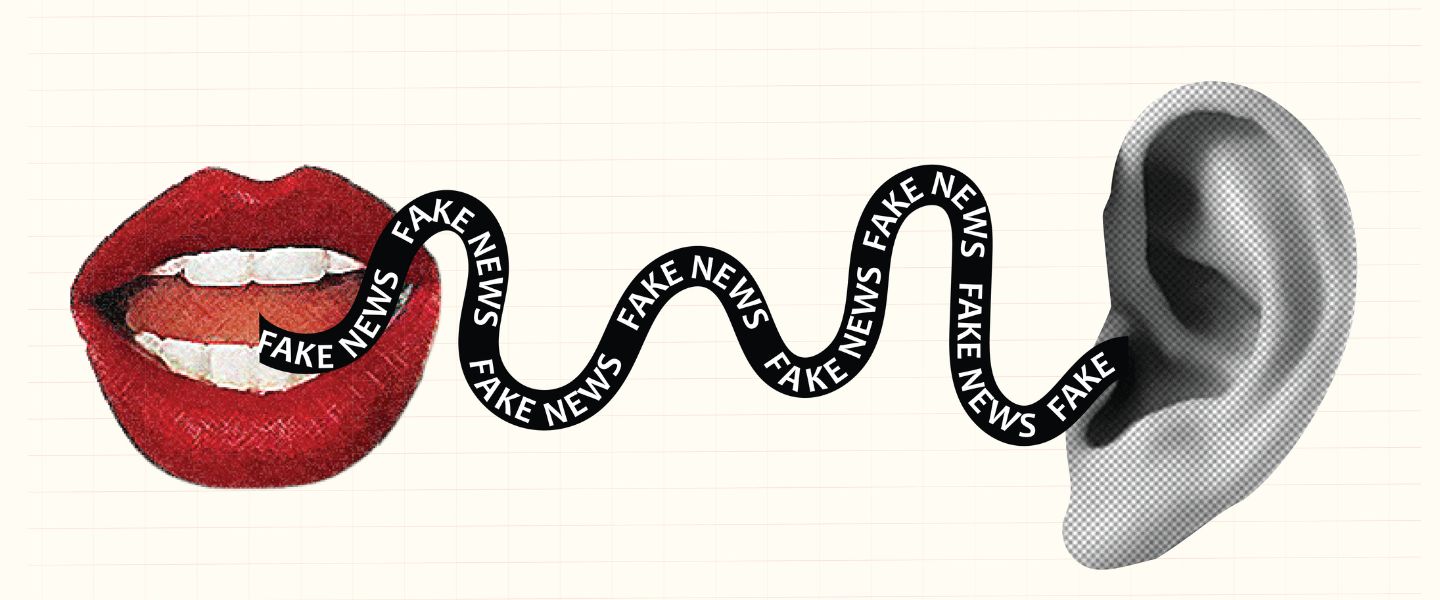
Is it time you went back to beige?
Beige gets a bad rap from brand consultants, but when you’re stressed, it’s hard to think clearly: you need to return to neutral first. To reset your nervous system, try going back...

Published November 30, 2022 in Brain Circuits • 2 min read
Human resource executives are not computer scientists, so it can be a daunting task to select the correct AI provider for your recruitment processes. Most companies outsource their AI – but it is important to ask the right questions when selecting your provider. Ask yourself these questions to ensure your company is making the best selections for your needs.
Are you auditing your internal AI data?
AI has notoriously sometimes formed its own bias, so it is important to watch what is happening as a result of your AI screening tool. You should monitor KPIs such as diversity and performance of hires over time to ensure your AI is doing what you need it to do.
Are you monitoring your external data?
You also want to make sure that you are not rejecting candidates that could have been a good fit for your organization. An effective way to do this is to take a sample of 50 candidates the AI didn’t select and review their LinkedIn profiles to see what they have done since. Does this information indicate you may have made a mistake?
Are you testing your AI?
A good way to figure out if the AI is doing what you need it to do is to select a few candidates rejected by the AI and add them to the interview shortlist. They may not make any sense as candidates, which proves to be a good thing – it means your AI is doing its job. However, if it turns out they should be getting hired, you will know something isn’t working correctly with your AI’s algorithms.
Does the system you are using accept feedback?
AI is only as good as its inputs, so it is important that your vendor has a mechanism for you to provide data such as final recruitment decisions and outcomes so the tool can keep learning.
Are you vetting your suppliers?
While AI service providers will probably want to protect their intellectual property, you do need to insist on some clarity about how they systems eliminates biases and ensures a fair process.
Tracking your AI’s decisions and the outcomes of these choices is essential to ensure the system is correctly calibrated to your needs and is worth the time commitment. As an HR executive, consider your AI another employee you need to periodically review to ensure optimal performance.
Further reading:
: Bulldozing bias: How recruiters can use AI with confidence by Amit Joshi

22 hours ago • by Francesca-Giulia Mereu in Brain Circuits
Beige gets a bad rap from brand consultants, but when you’re stressed, it’s hard to think clearly: you need to return to neutral first. To reset your nervous system, try going back...

February 11, 2026 • by Stefan Michel in Brain Circuits
Drawing on his recent IMD podcast with Amar Bhidé, IMD Professor of Management Stefan Michel debunks longstanding misconceptions about entrepreneurship....

February 10, 2026 • by Susanne May in Brain Circuits
Forget everything you’ve heard about genius CEOs, intuition, and heroic decision-making, says Susanne May – use Jensen Huang’s radical leadership of Nvidia as a blueprint to succeed in the AI era....

February 5, 2026 • by Michael D. Watkins in Brain Circuits
AI can do plenty in terms of learning and skills development – but educators and talent leaders also need to understand what AI tools should not be used for. ...
Explore first person business intelligence from top minds curated for a global executive audience